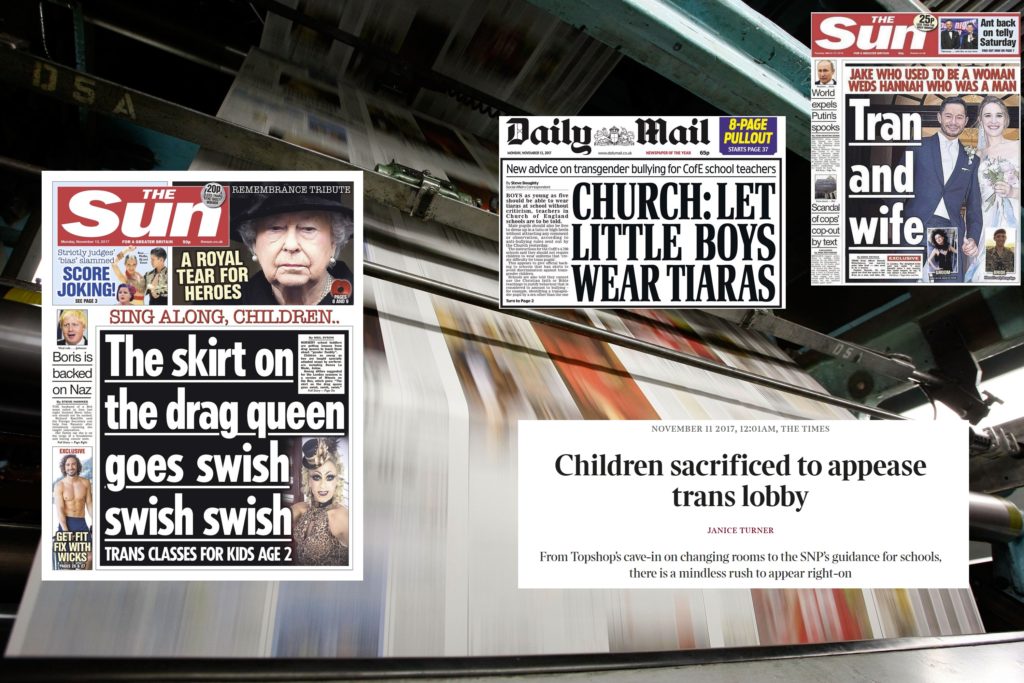Trans Man Killed Amid Puerto Rico’s ‘Wave of Anti-trans Violence’
Puerto Rican police are investigating the death of a transgender man found with multiple gunshot wounds Jan. 9.
A motorist was driving on an unlit section of highway in Trujillo Alto, a municipality about 15 miles southeast of San Juan, when she hit something, according to the local news site WAPA. As she got out of the car, she realized it was a dead body and notified authorities, who identified the victim as Samuel Edmund Damián Valentín.
Police initially misgendered Damián, who listed on Facebook his current home as Juncos, less than 15 miles from Trujillo Alto.

Lt. José Padín, homicide director with the criminal investigation unit in nearby Carolina, told the San Juan Daily Star that Damián “had no identifications nor were there family members who were able to identify him beforehand.” His mother and stepfather were eventually able to identify his body, but used his birth name, according to the Star. “His mom told me that he would always prefer for others to call him Samuel, Sam or Sammy when he was out in the streets,” Padín said.
No motive or suspects have been announced.
Damián is the seventh known transgender person to die by violence in Puerto Rico since last February, according to the Transgender Law Center.
Pedro Julio Serrano, founder of the LGBTQ advocacy group Puerto Rico Para Todas, said police aren’t doing enough to address “the wave of homophobic and transphobic violence that haunts us like never before.”
“Police fail to comply with their protocols and ignore, make invisible and minimize the serious problem,” Serrano wrote Monday in a statement on his website calling on authorities to “investigate the hate angle in the murder” of Damián.
Puerto Rico’s hate crimes law includes both sexual orientation and gender identity, but, according to Metro Weekly, local prosecutors rarely apply them.
After the charred remains of two trans women were found inside a burned-out car in Humacao last spring, the FBI stepped in to join the investigation. In April, the suspects, Juan Carlos Pagán Bonilla, 21, and Sean Díaz de León, 19, became the first people in Puerto Rico to face federal hate crime charges.
The victims — Layla Peláez, 21, and Serena Angelique Velázquez, 32 — were found just days after another transgender woman, Penélope Díaz Ramírez, 31, was beaten and hanged in a men’s prison in Bayamon.
In February, Neulisa Luciano Ruiz, also known as Alexa, was shot to death in Toa Alta one day after being reported to police for using the women’s bathroom in a McDonald’s. Ruiz’s attackers reportedly posted video of the shooting on social media.
The following month, Yampi Méndez Arocho, a 19-year-old transgender man, died in Moca after being shot twice in the face and twice in the back. Méndez had reportedly been assaulted by a woman just hours before the shooting.
The body of nursing school student Michelle Michellyn Ramos Vargas was found late September near a farm in San German in the southwest. Vargas had been repeatedly shot in the head and left on an isolated road.

